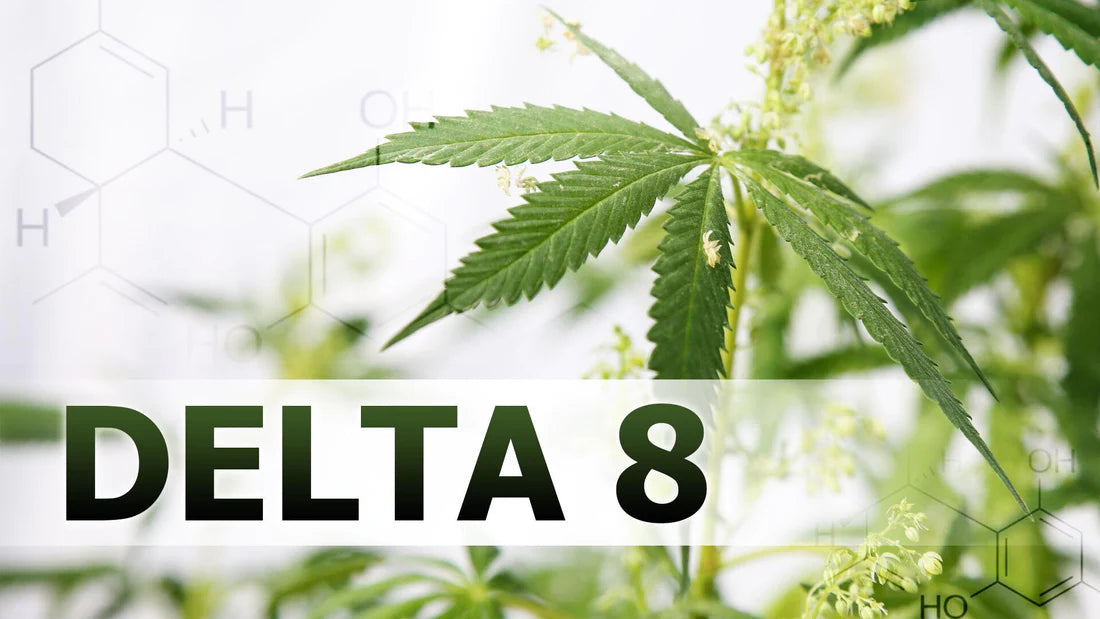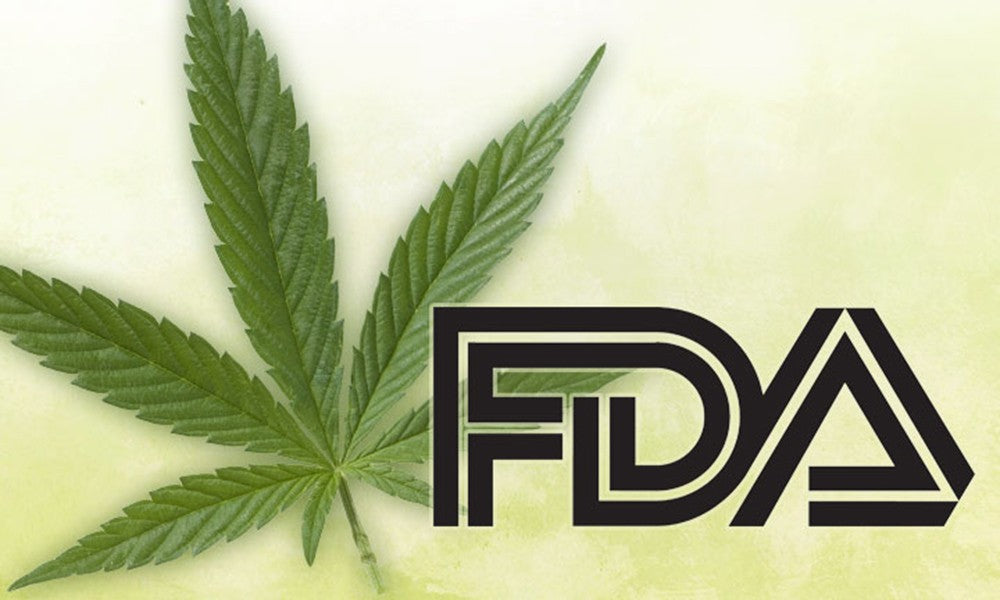A legislative panel advanced the polarizing bill this week amid strong protests from hemp business owners in the Hawkeye State.

It’s been a busy week in the world of hemp. Lawmakers in Florida and Minnesota began their legislative push for more restrictive limits on THC levels in hemp-derived product offerings in their respective states this week. And now, a group of Iowa legislators is also attempting to pass a bill that would set highly restrictive limits on the amount of THC in consumable intoxicating hemp products in that state.
As first reported in High Times, an Iowa State House legislative panel passed a measure (House Study Bill 665) this week that would give the state’s Department of Health and Human Services (HHS) the authority to regulate consumable hemp products. The bill, submitted for consideration by the Iowa Department of Public Safety (DPS), empowers the Iowa HHS to set limits on consumable hemp products and establishes rules for their distribution and sale.
The measure, approved on Wednesday by the House Public Safety Subcommittee (2-0), also restricts the sale of all consumable hemp products to individuals over 21 and sets criminal penalties for anyone selling those items to underage minors.
Much like many of the other states contemplating hemp-related regulatory legislation, lawmakers in Iowa are attempting to confront an industry that many of its detractors believe has become the “Wild Wild West” in terms of lacking appropriate health and safety guidelines to protect the public from potentially dangerous and harmful unregulated product offerings.
Congress legalized hemp and its downstream products and uses with the passage of the 2018 Farm Bill. The Iowa Hemp Act followed that legislation in 2019, removing legal barriers at the state level for hemp cultivation and production.
However, neither measure established quality standards for Intoxicating Hemp Derivatives (IHDs) and other consumable hemp products. Likewise, neither piece of legislation includes guidelines for regulating their production, distribution, or sale.
For many lawmakers and some health and safety advocates, that lack of regulatory control invited a massive proliferation of IHDs, like delta-8 and delta-9 THC, in convenience stores, gas stations, and a host of other retail outlets. That explosive and largely unregulated growth has become a cause for concern among law enforcement and some mental health organizations in the state.
According to Josie Wagler, the Department of Public Safety’s legislative liaison, the widespread availability of IHD products across Iowa prompted her department's development of a regulatory proposal.
“We’ve seen an emergence of high potency, high-THC products hit the market. And coupled with that, there are no age restrictions for purchasing these products. So really the purpose is to get at that and to give HHS and law enforcement some additional tools to help regulate these highly intoxicating products,” Wagler said.
"We’ve seen an emergence of high potency, high-THC products hit the market. And coupled with that, there are no age restrictions for purchasing these products. So really the purpose is to get at that and to give HHS and law enforcement some additional tools to help regulate these highly intoxicating products."
- Josie Wagler, Iowa Department of Public Safety’s Legislative Liaison
Echoing Wagler’s sentiments, Leslie Carpenter, co-founder of Iowa Mental Health Advocacy, added her full support behind the legislation, telling lawmakers that the spread of these high-potency hemp-derived THC products poses a serious risk of mental health consequences such as psychosis, especially when consumed by minors.
“I fully support medical marijuana. It’s the high potency THC products and that currently a child can walk into a store and purchase them that makes me very concerned,” Carpenter said during a House subcommittee hearing on Wednesday.
"I fully support medical marijuana. It’s the high potency THC products and that currently a child can walk into a store and purchase them that makes me very concerned."
- Leslie Carpenter, Co-founder of Iowa Mental Health Advocacy
Not surprisingly and justifiably, the hemp business community came out in force to register their opposition to the proposed measure, saying that while the need for health and safety regulations is warranted, House Study Bill 665 goes too far.
One of those ardent and articulate voices challenging the merits and necessity of the bill is Scott Booher, the owner of Four Winds Farms, which grows hemp for CBD and CBG production. CBD and CBG are non-intoxicating cannabinoids produced from hemp that help millions suffering from chronic pain, anxiety, and insomnia.
During his remarks at the hearing, Booher explained to lawmakers that many of his customers buy his products for their children. If the entire State House passes the proposed bill, it would outlaw those customers’ ability to provide much-needed medication for their kids.
“Let’s look at what needs to be taken care of instead of just sweeping everybody under the rug. We have patients that are kids, we have parents that buy our hemp products for their children. For ADD, for behavioral problems,” Booher said during his testimony.
"Let’s look at what needs to be taken care of instead of just sweeping everybody under the rug. We have patients that are kids, we have parents that buy our hemp products for their children. For ADD, for behavioral problems."
- Scott Booher, Owner of Four Winds Farms
While he wholeheartedly agrees with crafting some form of legislation to prevent the small minority of hemp producers and retailers selling high-potency IHD products from taking advantage of the lack of regulatory control within the industry, he believes the current measure wrongfully and unfairly conflates law-abiding businesses like his that produce non-psychoactive products with a handful of bad actors sullying the overall market sector.
“Some of these people who are creating high THC products need to be held accountable in a different way,” Booher said, “maybe not with people who have low THC products.”
Representative Phil Thompson said he appreciates that many people are “willing to admit there are bad actors” and understands the frustration of business owners abiding by the rules in place. “But this is an important conversation to advance,” Thompson said. “I appreciate DPS working on this and bringing forth some guidelines on regulating this.”
"But this is an important conversation to advance. I appreciate DPS working on this and bringing forth some guidelines on regulating this."
- Iowa State Rep. Phil Thompson
The legislation now moves to the full House Committee on Public Safety for further consideration.




























